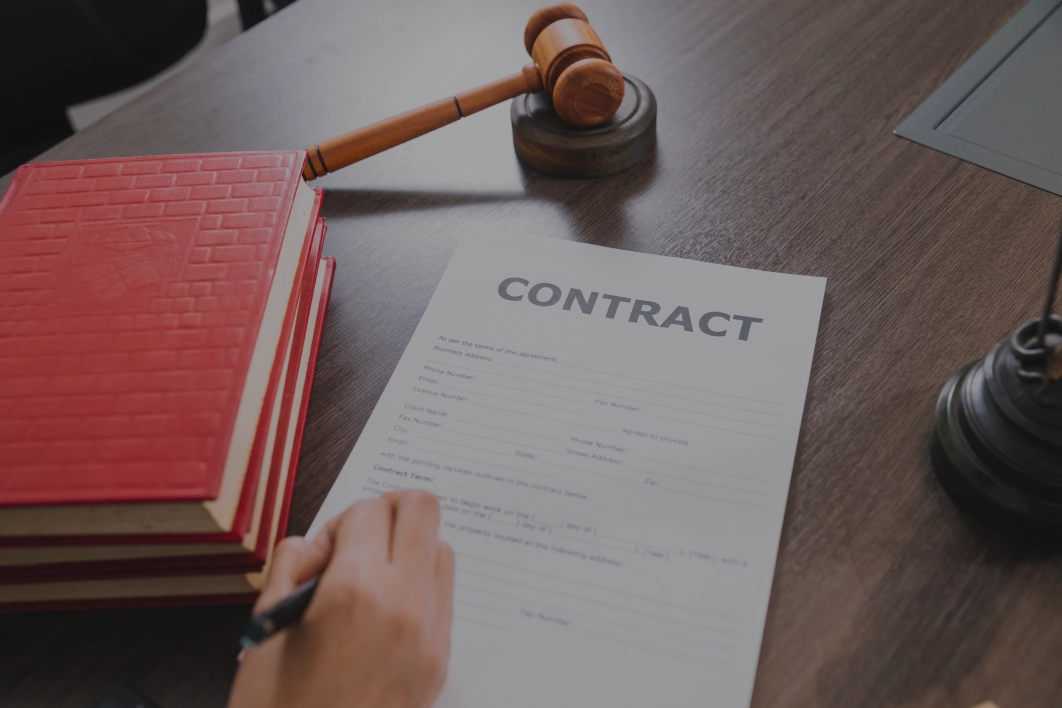From my initial days of practicing law, I’ve been surprised by how many people aren’t familiar with certain terms or concepts—like bigamy, void marriages, and especially annulments. So, let’s demystify some of these today!
What is an Annulment?
An annulment is a court procedure that declares that a marriage never legally existed. Essentially, it means the parties return to their pre-marriage status. It’s distinct from a divorce in several ways. In Florida, an annulment doesn’t involve property division or alimony, making the process vastly different from a divorce where assets may be split.
Requirements For a Valid Florida Marriage
Before diving further into annulments, let’s understand what constitutes a valid marriage in Florida. To establish a legally recognized marriage:
Marriage License: The couple must obtain a marriage license. It should be issued by a Florida county court judge or a clerk of the court. But here’s a catch – this license isn’t forever. It expires within 60 days unless an authorized official performs a ceremony.
Official Solemnization: The union needs to be solemnized through a ceremony. The officials who can officiate your marriage include ordained ministers, elders in communion with a church, or other ordained clergy. Moreover, in Florida, the clerk of courts or a notary from the state can also formalize a marriage.
Bigamy: A Key Factor in Void Marriages
A subject that’s particularly startling for many is bigamy. Bigamy occurs when one person is already married and then marries another person. This act makes the subsequent marriage automatically void in Florida. It’s alarming how many aren’t familiar with this term or the ramifications it holds. Understanding the implications of bigamy is essential, as a marriage deemed bigamous from the outset is considered void and can be annulled. If you suspect your marriage may fall into this category, it’s crucial to seek legal advice promptly.
What’s the Difference Between Annulment and Divorce?
While both annulment and divorce terminate a marriage, they do so in different manners. An annulment voids a marriage, essentially erasing its existence. It’s as if the union never occurred. On the other hand, a divorce acknowledges the existence of the marriage but formally ends it. Divorces often entail the division of marital property, while annulments do not.
Can I Obtain an Annulment in Florida?
Possibly! Specific criteria determine eligibility for an annulment in Florida. To be considered, your attorney will evaluate the relationship, approaching it as if the marital union never existed. Specific circumstances, like cases of bigamy, can make annulments more straightforward.
Florida law has always been an evolving landscape, and I’m always excited to guide individuals through it, as I genuinely believe knowledge empowers my clients. By understanding the nuances of annulments, divorces, and other aspects of family law, we are better equipped to make decisions that serve our best interests.
If you or someone you know is navigating these waters, remember, that the team at Brunelli Law is always here to help. Your journey doesn’t have to be taken alone.









